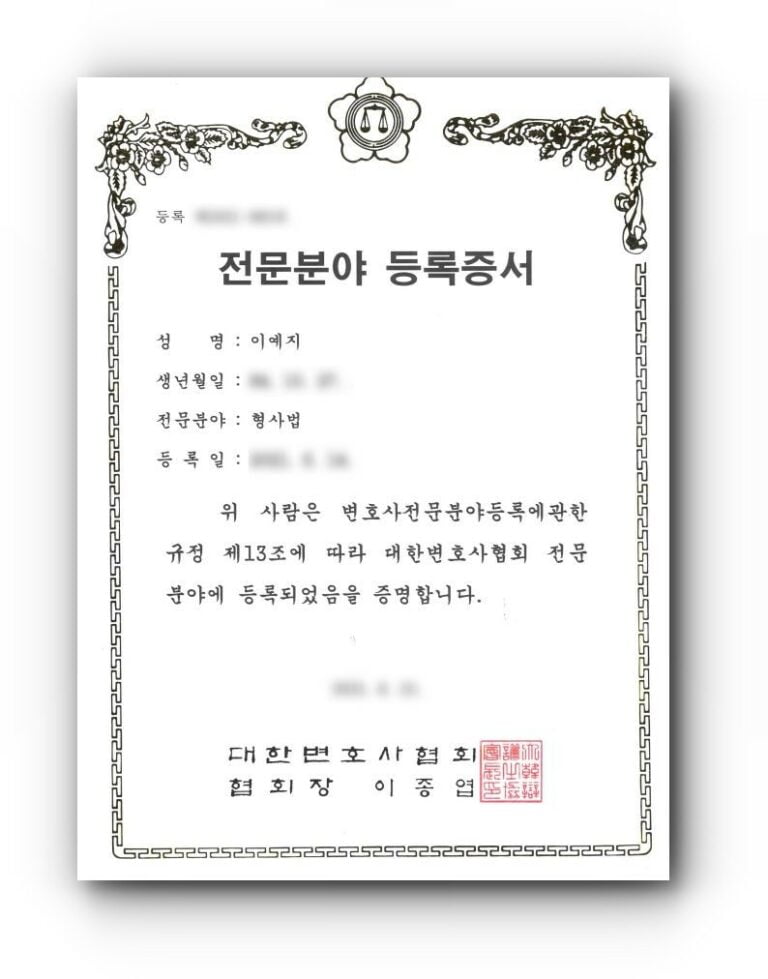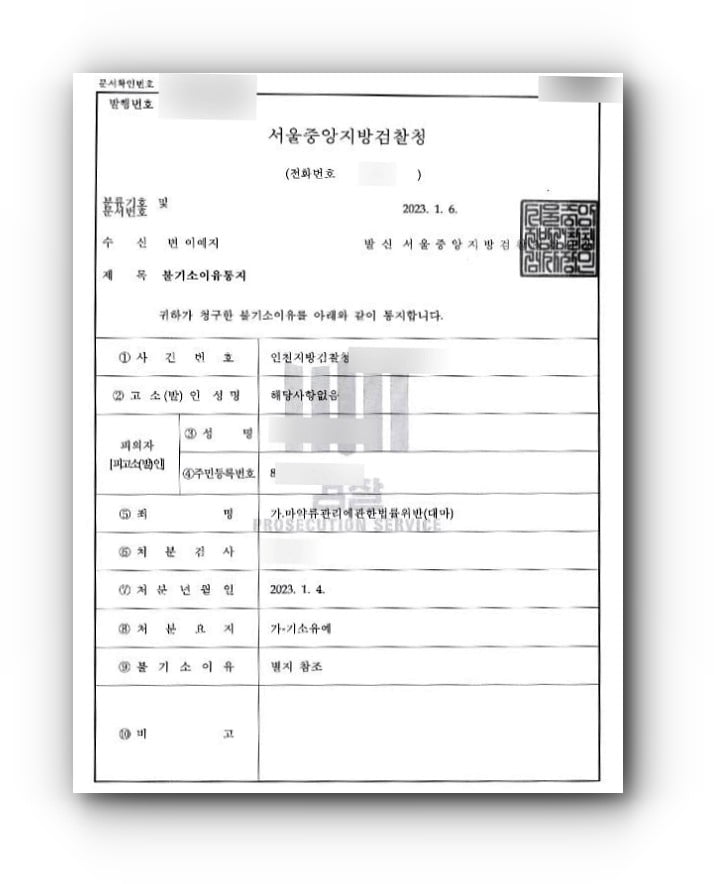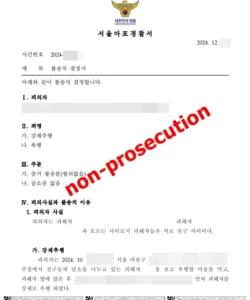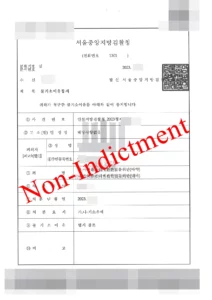This is a successful case of marijuana that resulted in a non-prosecution decision after a criminal investigation that almost led to the indictment of the client on possession charges related to CBD oil. [Drug Criminal Defense Cases]
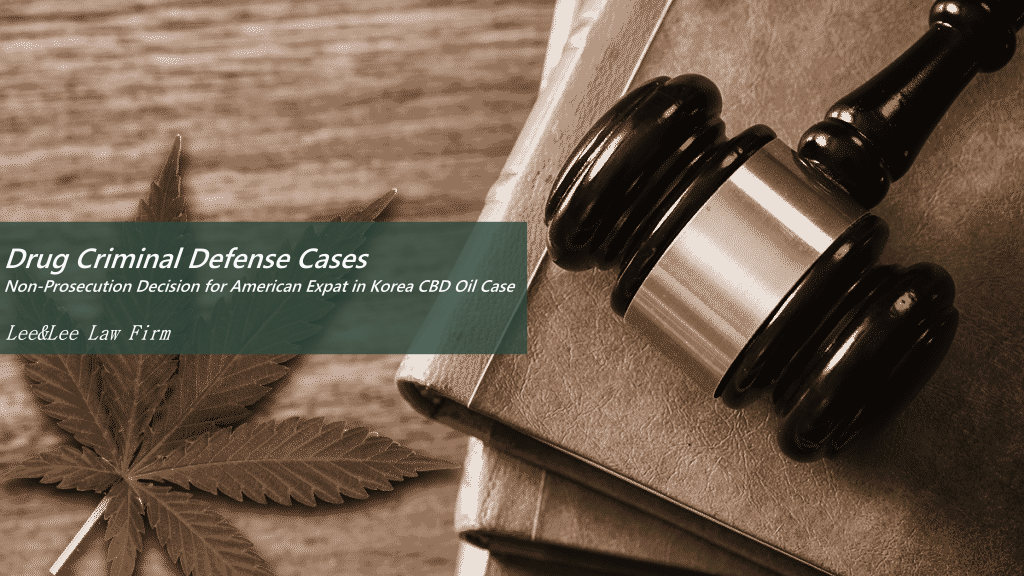
Overview of the Case
Table of Contents
The client was an American expatriate who had been visiting South Korea to see his girlfriend. While passing through Incheon International Airport, the customs officials discovered that he had in his possession CBD oil, which led to suspicions of drug possession under the Narcotics Control Act, and an investigation began against him.
Understanding of Korean Law on CBD, THC
CBD oil, also THC is now legal in many countries, and marijuana has been decriminalized as well in many countries. However, in Korea, possessing CBD, or THC, any use or possession of marijuana still constitutes a drug offense.
And even purchasing, possession and use of CBD oil is not illegal nor a crime in the United States, but the moment you enter Korea with CBD products, it becomes that you, as a foreigner, have committed a drug crime in Korea. The charge in this case is smuggling since technically you cross the border. The range of the criminal investigation may be extended to the allegations of distribution.
Also in this case, a suspect may be prevented from leaving the country by the prosecutor’s order until the case is resolved.
Client’s Situation and Background on the Use of CBD Oil
The client, a model citizen with no criminal history in the United States or South Korea, was suffering from a medical condition and had been using CBD oil, as well as eatable marijuana products such as CBD chocolates and cartridges, for pain relief. These products were legally permitted marijuana products in the United States, but not in South Korea, and the client did not know that possessing or importing them is a criminal offense in Korea.
Criminal prosecution for classification and punishment under the Narcotics Control Act of Korea
The Narcotics Control Act in South Korea categorizes narcotics as ‘narcotics,’ ‘cannabis,’ and ‘psychotropic drugs’ and punishes them differently. According to the Act, smoking cannabis can result in imprisonment of up to five years or a fine of up to KRW 50 million, and injecting psychotropic drugs can result in imprisonment of up to ten years or a fine of up to KRW 100 million. Possession or storage of marijuana is also subject to punishment similar to smoking or injecting, so caution is required.
Role of the Lawyer and Easing the Client’s Anxiety
The client, facing criminal punishment for the incident, sought the help of a criminal defense from our Lee & Lee Law office, as he was afraid of being interrogated by the South Korean police and prosecutor due to his lack of proficiency in Korean.
Prosecutor’s Conclusion and Lawyer’s Strategy
Our English-speaking attorney, handles lots of foreign expat cases, had a lot of experience in similar cases involving CBD oil. The attorneys accompanied the client from the police investigation stage to ensure that the client was at ease. During the prosecutor’s investigation stage, the well-presented evidence supports the client’s favor, with establishing the facts that there can’t be intentional possession or distribution of marijuana using various evidence and the circumstance of the client.
Ultimately, the prosecutor made the decision of ‘case dismissed’ without prosecution, stating that the client unintentionally committed the offense.
Lee & Lee law office’s english speaking lawyers provide clients with the highest quality representation
SEOUL, Gangnam Office (Korea) | Kristen Y. LEE
2F, 27-6, 162 Gangnam-daero, Gangnam-gu, Seoul, Republic of Korea

